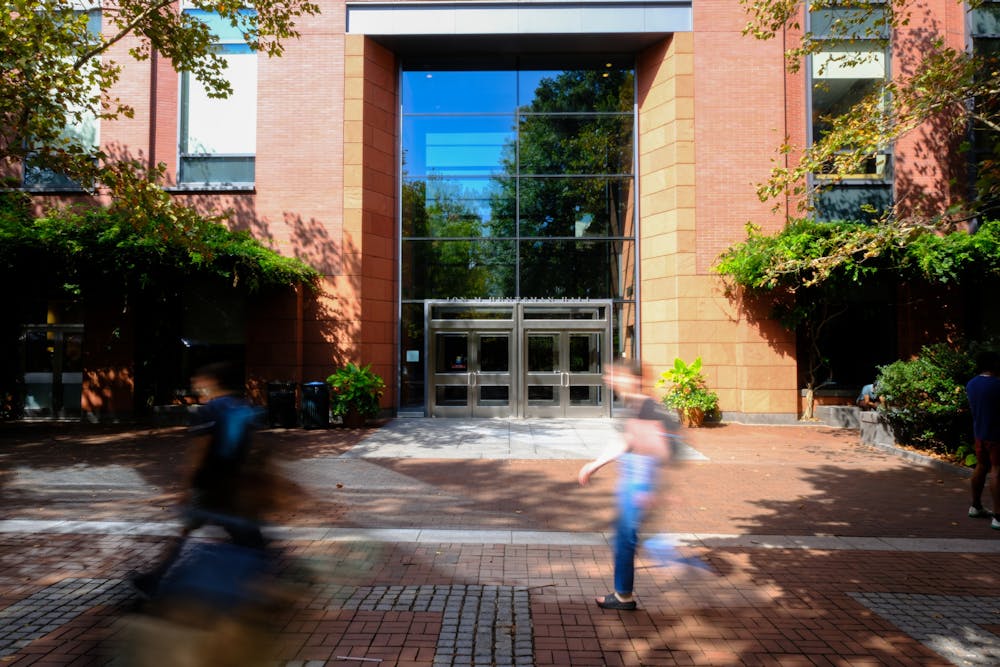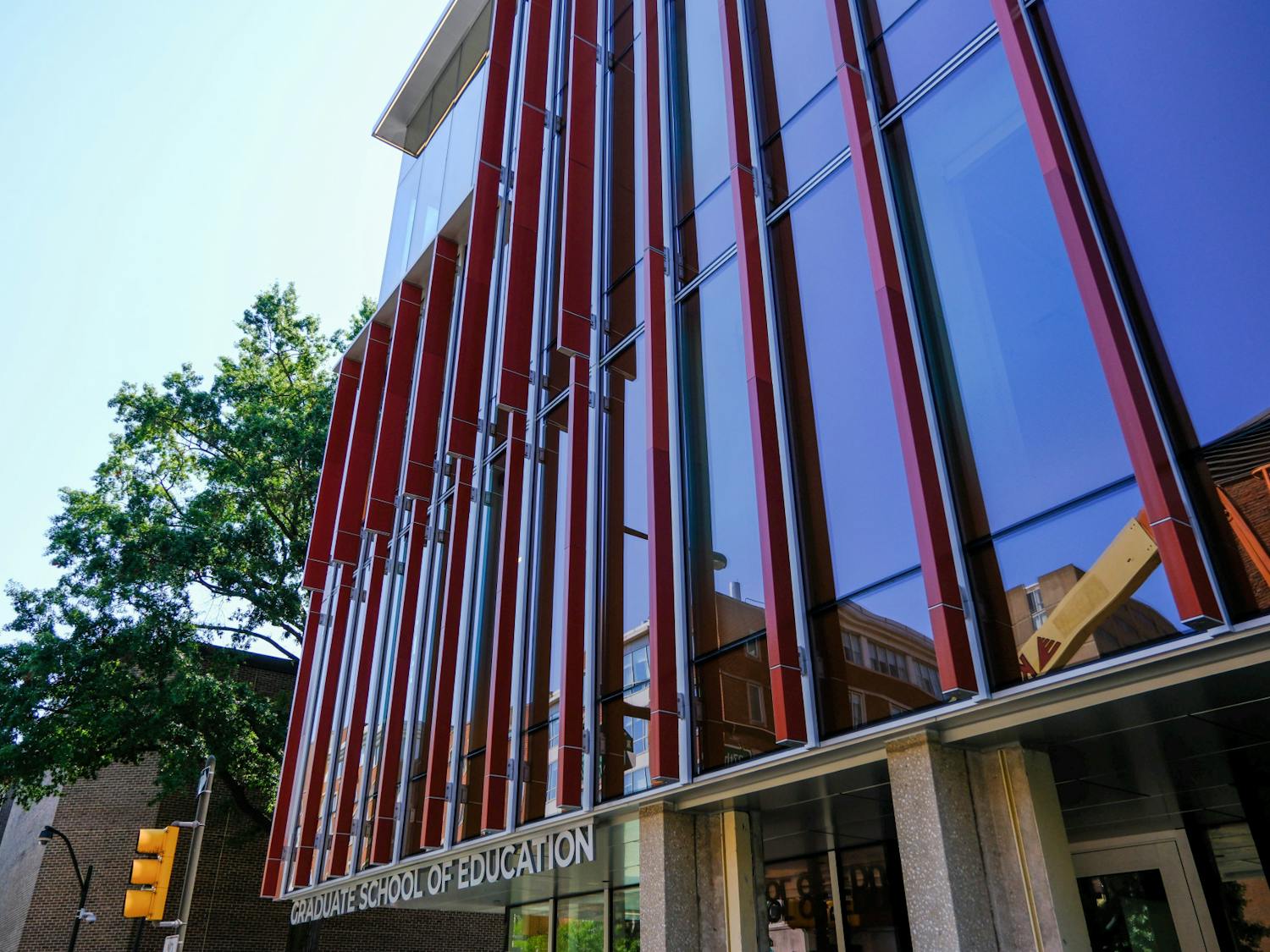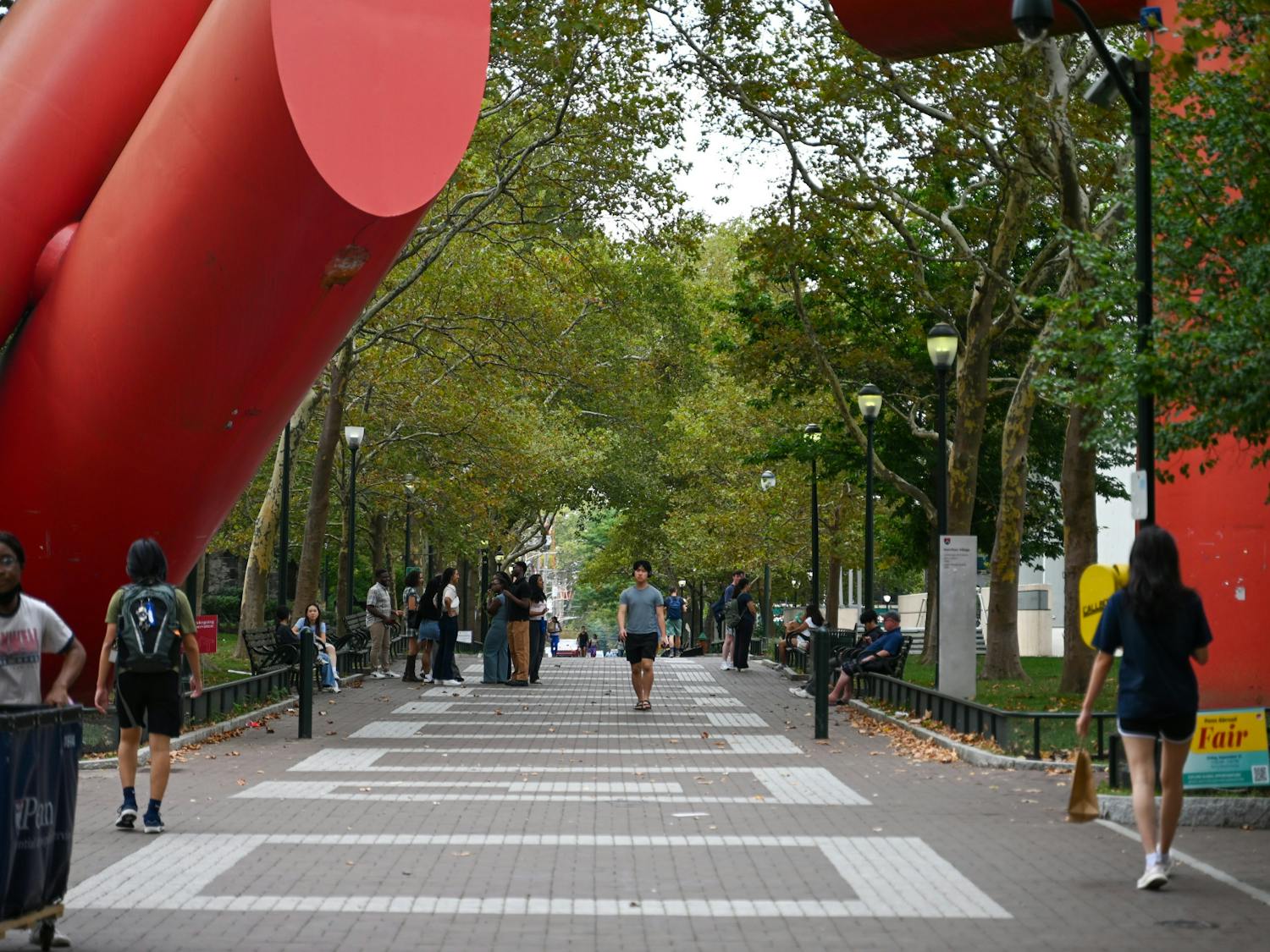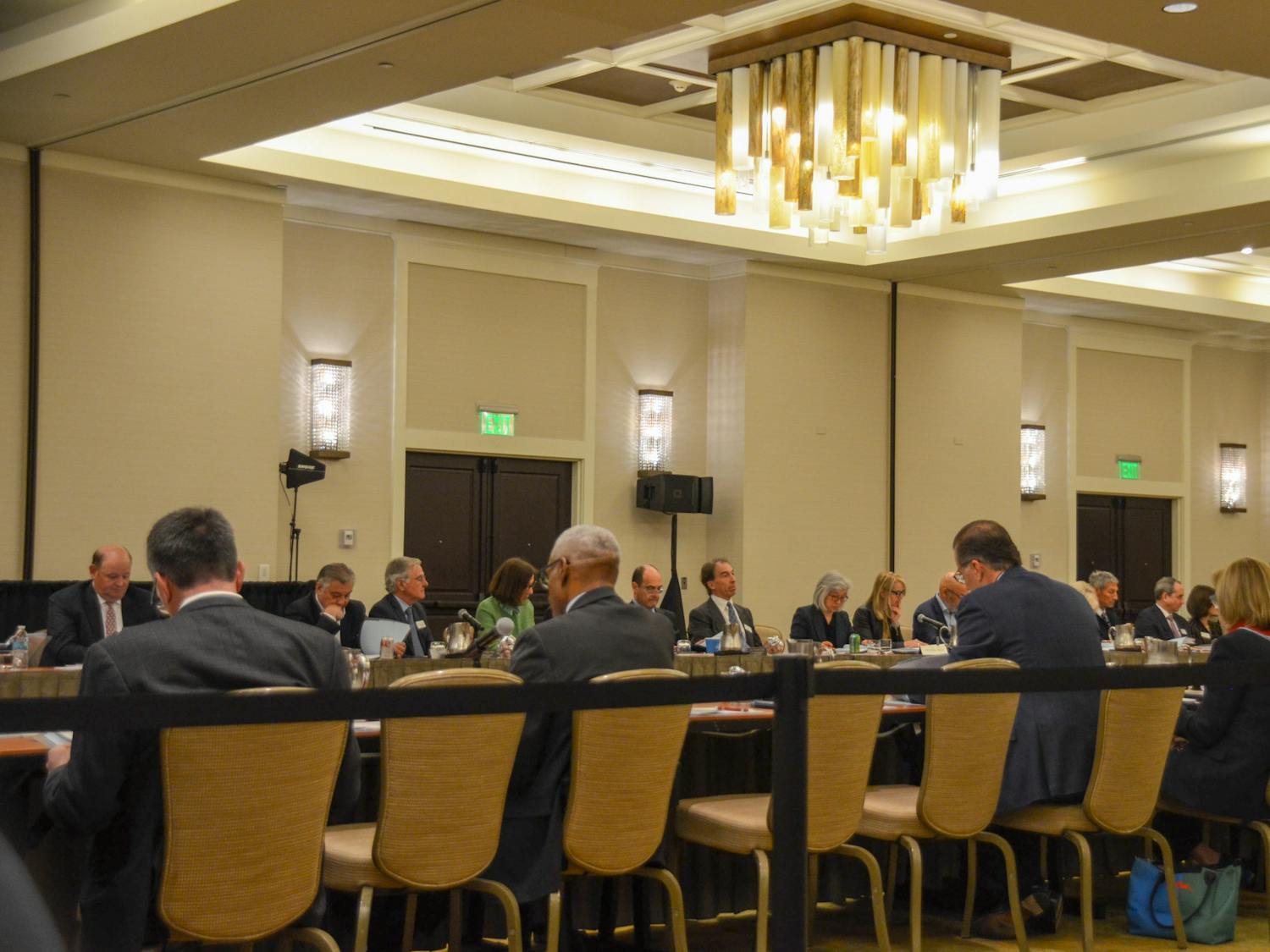Wharton banned student-run consulting clubs from charging fees for their services and sharing the profits among members.
On June 5, now-former Wharton Undergraduate Director of Student Life Lee Kramer informed Wharton club leaders via email that they could no longer earn money from consulting services or engage in profit sharing, effective July 1. The new undergraduate policy was also announced to Wharton undergraduates in a message from Vice Dean of the Undergraduate Division Diana Robertson.
The policy prohibits clubs from charging fees to nonprofits as well as for-profit companies. However, clubs are permitted and encouraged to “continue to provide pro-bono consulting work."
Consulting groups that recruit from the Penn undergraduate population but are unaffiliated with Wharton are not subject to this regulation. For example, 180 Degrees Consulting is not affiliated with Wharton and is instead a branch of a larger umbrella organization – so the group can continue to charge consulting fees from clients in addition to pro-bono consulting.
“Experiential learning is an essential part of the Wharton undergraduate experience," Wharton Executive Director of the Undergraduate Division Jen Murphy wrote in an email to the DP. "We strongly encourage our clubs and students to use their business acumen to provide top-notch pro-bono consulting services to nonprofits and businesses in our Philadelphia community and beyond."
Murphy went on to emphasize the value of pro-bono consulting work to the surrounding community.
“These pro-bono opportunities provide a valuable and unique way for students to apply what they learn in the classroom in service of positive change in our immediate neighborhoods and around the world,” she said.
The change will affect groups such as the Marketing Undergraduate Student Establishment, known as MUSE, which is affiliated with Wharton and offers both generalist and social impact consulting services. In the 2023-2024 club guide from the Wharton Council – the overseeing body for all Wharton clubs – MUSE is the only Wharton-affiliated club that lists for-profit consulting among its services.
Wharton Undergraduate Director of Student Life Lee Kramer steps down from position
WUHC Incubator program gives undergraduates insight into the healthcare industry
According to the guide, MUSE provides approximately 16 clients with both professional for-profit and pro-bono consulting services each semester. Leaders of the MUSE consulting division did not respond to multiple requests for comment.
College and Wharton junior Joshua Frazier, the co-president of the Wharton Undergraduate Consulting Club, said that WUCC was aware of the policy change, but the club has never operated on a contractual paid client model. He wrote that the club “does not officially have a stance on the issue.”
"Every student consulting club affiliated with Penn technically and legally operates as 501(c)(3), so the legality of some consulting clubs engaging in providing contract-based services for profit may be an issue that prompted this change," Frazier wrote.
Frazier also wrote that WUCC was among the clubs that received an email about the policy update.
"All WUCC received was an email from admin that stated the new policy," Frazier said. "There was no communication about the background or reasoning for the change."
Wharton senior and Wharton Council co-chair Adrian Massuet said he was not aware of any specific incident that prompted the policy change, and that he does not expect this change to significantly disrupt club operations.
“The opportunity to take what you're learning from the classroom and apply with professional businesses is obviously an incredible opportunity,” Massuet said. “A significant portion, if not the majority of these clubs are already pro-bono.”
Massuet added that he has not heard of any plans to challenge the rule.
“If there are clubs which do feel like they’d be impacted by this, we see it as our responsibility to help ensure that they can continue doing the great work that they do,” Massuet added.
Some of Penn’s peer institutions have similar policies relating to clubs earning profits, but not specifically relating to consulting services.
At Princeton University, student organizations cannot engage in any fundraising efforts without first submitting a proposal to an administrator. Student organizations can not use outside bank accounts or hold cash, and funds may not be used to purchase gift cards or alcohol. However, there is no specification on the Princeton website of whether clubs can receive fees for their services.
Because of their status as tax-exempt organizations, Yale University prohibits Yale-affiliated student organizations from making a profit and dividing it among student members. The website also outlaws any payment that would be a “disguise for what is really a division of profits.”









